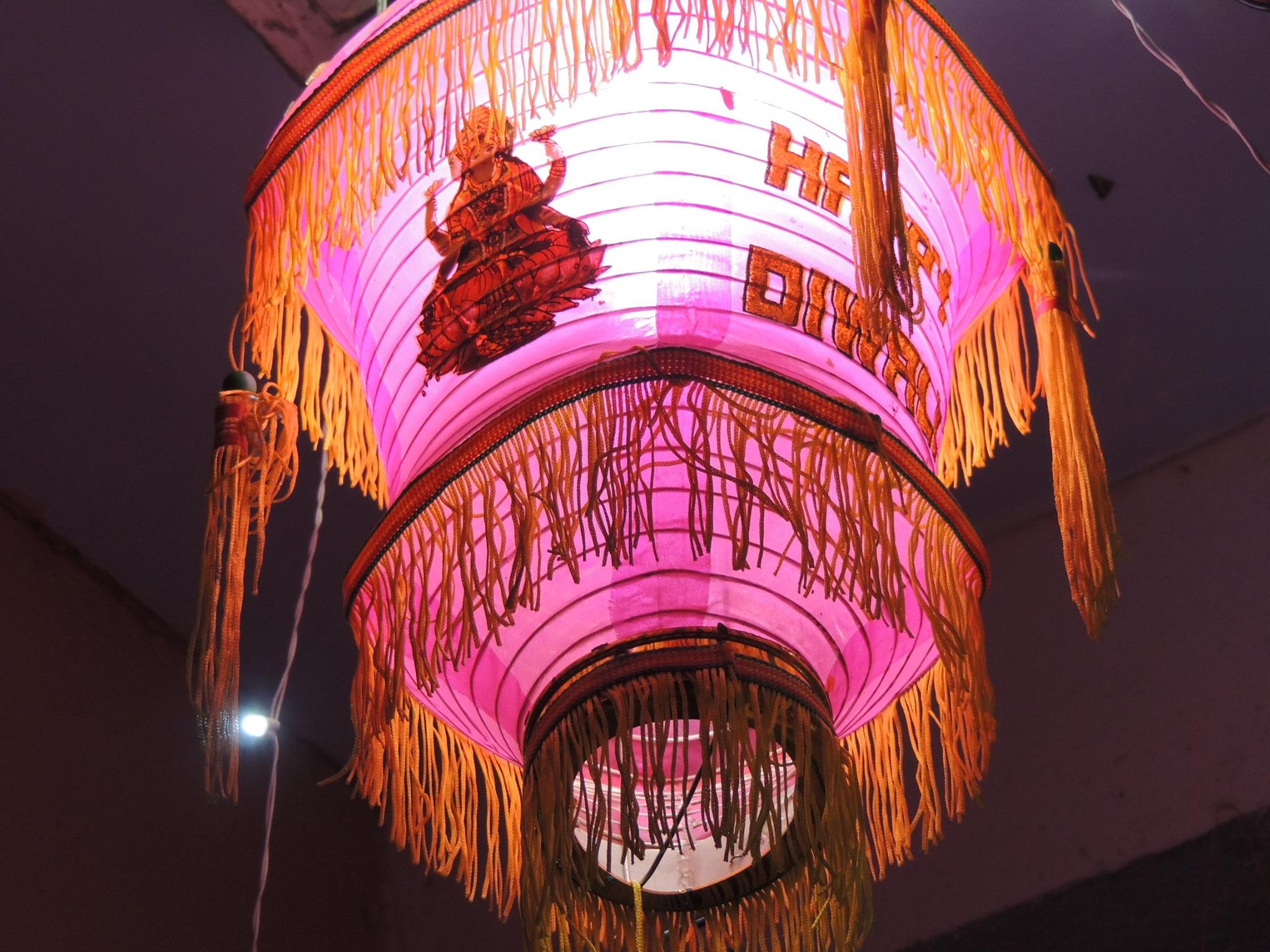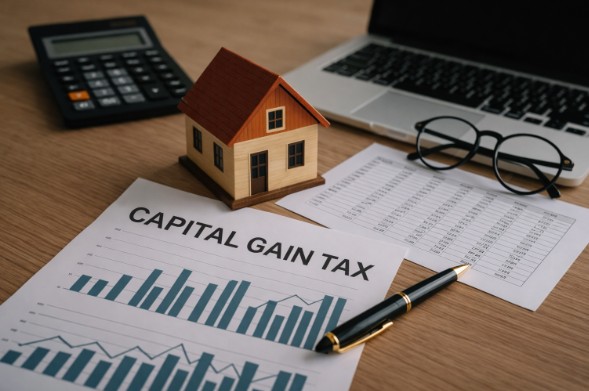
I hate to think about my life, especially my childhood without festivals. All these years I have learnt that certain days are not for work, just for sweets, games, friends and fun! After all, India is the land of festivals. Festivals are such an important component of our lives.
Many major festivals serve the purpose of uniting people. They reinforce the relationship that we have with our families and friends by bringing us together. A festival is an auspicious and celebrated day often an anniversary. Many of the festivals are anniversaries of real or mythical events. Like Diwali, Holi, Independence Day etc.
Many festivals are linked to religions, thus involving the worship of a deity. Here in India there are many religious communities, all of which celebrate their own festivals. Hindus have several deities. And linked to them, there are many festivals too. We have a lot of festivals every month, though some of them are not very popular.
The dates of these festivals have astronomical significances too. For instance, Raksha-bandhan is celebrated on the full moon of Shravan while Diwali on the new moon day, at the end of the Hindi lunar month of Ashwin and the start of the month of Kartika.
I like all the festivals. However, my favourite is Diwali, like many other people. Diwali, the festival of lights is very popular. It is celebrated every year in the country, by the expat community and even by others. Homes, shops, complexes and offices are among the other places illuminating with lanterns and rope lights. The festival usually falls between mid-October and mid-November. Many foreigners definitely see it as the primary festival of India.
Diwali is actually a Hindu, Jain and Sikh religious festival. It is supposed to be the anniversary of Ram and Sita’s return to Ayodhya after the end of their 14-year long exile. Since the real event is said to have occurred on new moon day, earthen lamps or diyas had been lit everywhere to illuminate the way. Following this tradition, every Diwali is a new moon day. Dusshera, the anniversary of the defeat of the demon king Ravan is exactly twenty days before Diwali. Thus, Diwali is said to be the celebration of the victory of good over evil, of light over darkness, of knowledge over ignorance and hope over despair.
However, there are several other incidents, both historical and mythological, connected to this festival. For example, some believe Diwali to be the day Lord Krishna defeated a demon king. Diwali is also associated with the birth and marriage of the goddess Laxmi.
For the Jains, it is the anniversary of the death and nirvana of their prophet Mahavira Jain. The day of Diwali has three connections to Sikhism too. Two of them being the foundation of Amritsar in 1577 and the release of Guru Hargobind by the Mughals.
On the main day and the preceding days, people burn firecrackers. Bengalis perform Kali puja on the night of Diwali. People clean their houses, and decorate their doors and balconies. On Dhan Teras, commodities are bought. Gifts are shared and sweets are distributed to friends and family. People give gifts to their neighbours too.
However, the burning of firecrackers creates a lot of smoke. In major cities, for days after Diwali, there is a lot of pollution. Several measures have been taken against this problem by the judiciary and the government. Many people have boycotted firecrackers. The Honorable Supreme Court has limited the time for burning firecrackers between 8 and 10 PM. There is another tradition to gamble on Diwali. Finally, many people drink alcohol on Diwali and cause accidents.
On their own festivals have no faults if they are celebrated in the right spirit. We should see them as occasions to spend a little carefree time with friends and family. In this way, we will honour the true sentiments behind these festivals.
Author Bio: Aniruddha Aloke, 13 years old from Virar. A participant of International Essay Competition , October.


